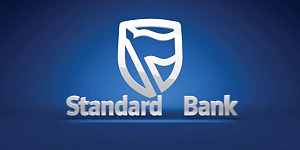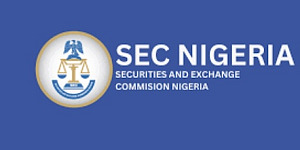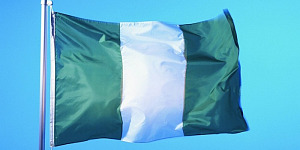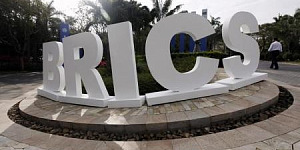Nigeria's central bank kept its monetary policy rate at 14.0 percent but switched to a tightening bias by saying that a rate cut now would worsen the naira's exchange rate, further pull the real interest rate into negative territory, reverse the positive outlook for the current account and not necessarily transmit into lower lending rates by banks.
The Central Bank of Nigeria, which in January said it was committed to lowering its policy rate, said its monetary policy committee had debated loosening its policy stance to help stimulate demand and confidence but decided against this due to the upward trend in inflation and the impact from such an easing on the exchange rate.
"The Committee, in consideration of the headwinds in the domestic economy and the uncertainties in the global environment, decided by 9 out of 10 members to retain the MPR at 14.0 percent," the CBN said, adding one committee member had voted to raise the rate.
Among the global uncertainties facing Nigeria are "the unfolding protectionist posture of the United States and some European countries," sustenance of the OPEC-Russian agreement to cut oil output beyond July 2017, sluggish global recovery and a stronger U.S. dollar.
Despite a drop in Nigeria's headline inflation rate to 17.78 percent in February - the first decline since January 2016 - the central bank said food prices had still risen and there were still structural factors putting pressure on consumer prices, such as high cost of power and energy, transport and production and the rising cost of imports.
However, the CBN said it was optimistic that its policy stance along with other measures to improve the agricultural sector would help restart growth and drive down prices.
Nigeria's economy has been in recession since the second quarter of 2016, with Gross Domestic Product contracting by 1.51 percent last year although the rate of annual contraction in the fourth quarter of last year improved to only 1.3 percent from 2.24 percent in the third quarter.
The government's Economic Recovery and Growth Plan, along with efforts to restore peace in the Niger Delta region, should help revive growth and stabilize prices, the CBN said.
The official exchange rate of Nigeria's naira has been largely unchanged since August last year, trading in a range between 317 and the official rate of 305 to the U.S. dollar. In June the CBN removed its naira peg of 197 to the dollar, resulting in an immediate 30 percent drop in its value.
In response, authorities introduced several measures to control the exchange rate, with the naira on the black market trading about 40 percent below the official rate and businesses complaining about the lack of foreign exchange.
There is frequent speculation in Nigeria that authorities will liberalize the foreign exchange market but the central bank has so far resisted these pressures, noting the sharp rise in inflation following Egypt's decision to float its pound.
However, investors and economist still expect the CBN to take measures to narrow the gap between the black market and official rates, and in recent weeks the central bank has offered private individual U.S. dollars at a rate of 366 compared with the official rate of 305 to provide direct funding to meet the needs for travel, medicine and school fees.








































